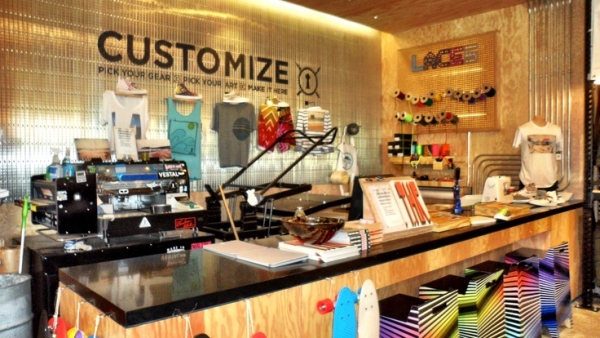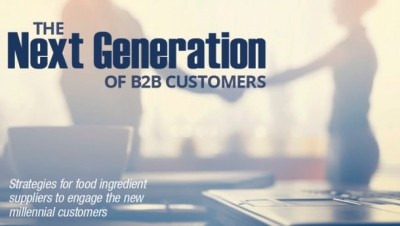Feature: Understanding the millennial shopper
Retail expert on millennials: ‘Being liked does not link to purchase as much as being shared’

By 2020, millennials (aged roughly between 20 and 34) and baby boomers (aged between 51 and 69) will hold an equal share of the population. But Tina Manikas, president of FCB RED, said it would be millennials shaping the future, particularly for the snack category.
“You know, snacks do fit really well into millennials’ lifestyles. There’s obviously a range of indulgence to better-for-you, but the key is it’s an affordable luxury,” Manikas told BakeryandSnacks.com.
However, she said snack makers and marketers had their work cut out captivating these consumers.
“You need to work a little harder because the noise is greater, especially in the millennials’ world; they’re distracted. Many millennials spend over seven hours a day with digital and then they’re being bombarded with content.”
Snack marketers had to engage these busy consumers, she said, but also generate conversations, particularly in a category traditionally associated with impulse buys.
“Industry should think about being relevant and share worthy because being liked does not link to purchase as much as being shared. Millennials share brands not because they like the brand, it’s because they like their friends more.”
Different values, shopping behavior
Understanding millennials was crucial for snack makers, Manikas said, because their values differed from other consumer groups.
“They’re looking for transparency; they’re looking for back stories; they’re looking for authenticity. Yes, they’re looking for better-for-you but they’re also looking for quality and, you know, not to be sold.”
“…They’re also the least trustworthy versus previous generations. About 20% say most people can be trusted, versus baby boomers who will say 40% can be trusted.”
In addition, she said millennials placed more importance on the shopping ‘experience’ and were clued up on promotions and pricing and proud of that.
“It goes along with what they seek from work – they seek meaningful work versus high pay, so it leaks through to their buying behavior. There are two words that perfectly define the mindset of millennials – pragmatic idealism. It means they seek happiness and ultimately want success, and that’s even from a shopping experience.”
Manikas said some retailers had developed stores specifically for millennial shoppers. Whole Foods, for example, had designed a retail format set to open in 2016. “It will have a more curated set of products as well as a more streamlined experience,” she said.
Similarly, Nike had opened ‘salvation stores’ on the west coast of the US, she said, where millennials could customize products directly in store.
“It’s about that convenience and immediate gratification. They’re looking for if you know them; that you’re providing a perfect match. It’s like an online expectation in an offline world. Snacks don’t get a pass for millennials, no-one gets a pass, there’s an expectation that’s gone beyond the need for the perfect match, convenience and accessibility.”
Hire a millennial
Start-ups and smaller companies often understood the millennial consumer better, Manikas said, because many of these firms were run by this generation.
“I find it interesting that the small, small players – because maybe they’re small and owned by millennials themselves – are nimbly making decisions. They nimbly merge all disciplines between digital, content, being part of the conversation and looking at influencers.
“It’s the huge middle-of-the-snack-industry that I get concerned with. They often don’t have the dollars or research and don’t always have the nimbleness of the smaller players to go ahead and appeal to the target in a bigger way,” she said.
Asked if hiring millennials would be a strategic move, she said: “Absolutely and companies probably do. But are they listening to them? And are they using them?”
Listening to millennials inside or outside the organization, she said, was the biggest thing brands and companies could do.
Which millennial though?
However, Manikas warned it was important to know how diverse the millennial category was.
“Marketing to people that have a span of 20 years is quite wide, with a lot of diversity within, so it’s always about which millennials are your target, not just millennials.”
She said targeting the younger millennials was a sensible strategy for most companies. “I still believe your 20-29s are always huge because once you get them in you can keep learning and repeating and bringing them in again and again. They tend to be your lightest buyers but your future is often framed by your light buyers.”













